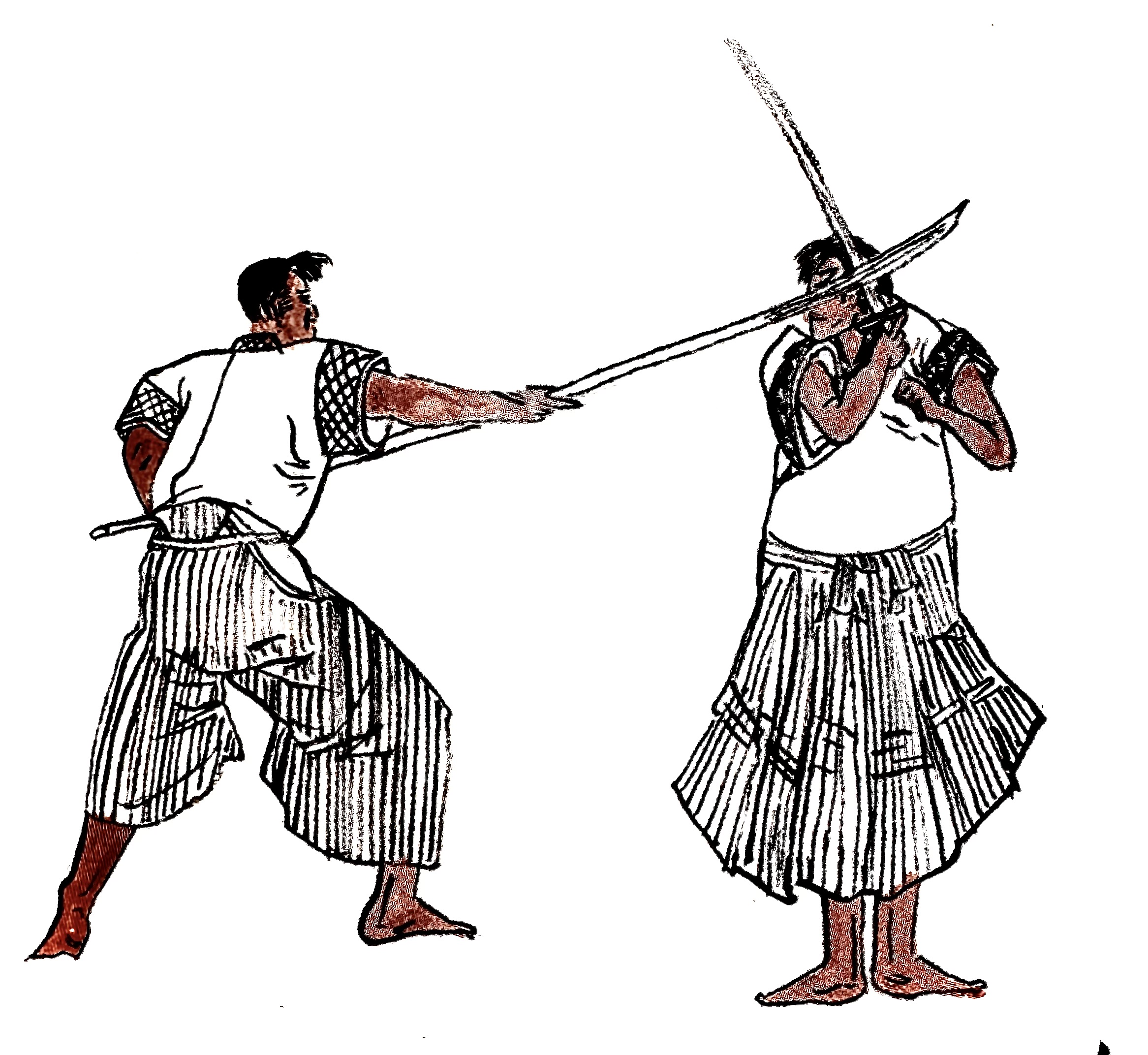There’s a term used in Japanese arts that’s interesting to consider. 極意 is usually translated as gokui and it refers to the ‘innermost secrets’ or ‘essential essence’ of an art, the distillation of what’s important.
On page 18 of Hatsumi Sensei’s book The Essence of Budo, published by Kodansha in 2011, he writes:
As Takamatsu Sensei (1889-1972) once said: “Martial arts masters seem to make their strong points the essence (gokui) of their art”
When I first read this, it jumped out at me. Why? If you look around, primarily online and on social media, you can see lots of martial artists from lots of disciplines including the Bujinkan posting and writing about the things they think are most important.
Some of them are emphatic that the way they do things is THE best way, and that anyone who does things a different way is not on the correct path etc. Sometimes I think they make some good points, sometimes I don't.
But martial artists are people just like everyone else, and that means they’re susceptible to some of the same pitfalls of psychology as everyone else is. One of those things is confirmation bias – the tendency to notice evidence that supports our preconceived ideas and not notice quite so much things that disagree with those ideas.
I feel something similar is at work here, and this is partly what Takamatsu Sensei is referring to. It’s more enjoyable to spend time on the things you’re good at – which is often why you got good at them in the first place – then it is to spend time on things that you’re not good at.
Those things, the things you’re not good at, come with a feeling of incompetence. Training them is rough on the ego and often it can feel like you’re not making much progress, even if that’s not actually the case.
So what do you do with those feelings? Do you lean into them, and try to turn your weak points into strong points? Or do you turn away from those feelings, and try to make those things not so important to you?
This becomes particularly trying if you’re a teacher. Our curriculum is very big, and it’s almost impossible to be equally skilled at all of it. But if you’re a teacher with a busy life outside the dojo and don’t have a lot of time to dedicate to self-training, then you’re sort of faced with a quandary.
If teaching time is also training time, then it’s tempting to not spend time training (learning) skillsets you’re not good at, because you’re going to have to do that in front of your students. So it comes back to what kind of culture you’ve created in your dojo – can it accommodate that kind of commitment to personal growth?
I suppose the take away from this short blog post is this. I believe you get good at things by spending time on the things you’re bad at, not the things you’re good at. And that’s why not that many people are really skilful, because they default to spending too much time on the things that make them feel good.
And be wary of people who tell you the thing they’re good at is automatically the most important thing. It might be, but you could also be dealing with someone with isn’t able to deal with not being good at everything, and is posturing to protect their ego. Better to stay humble, I think.
ENDS

